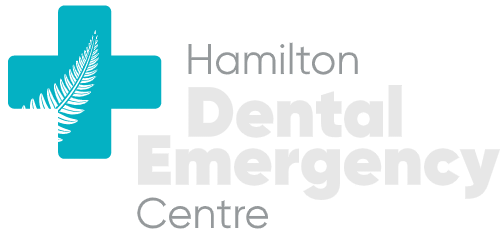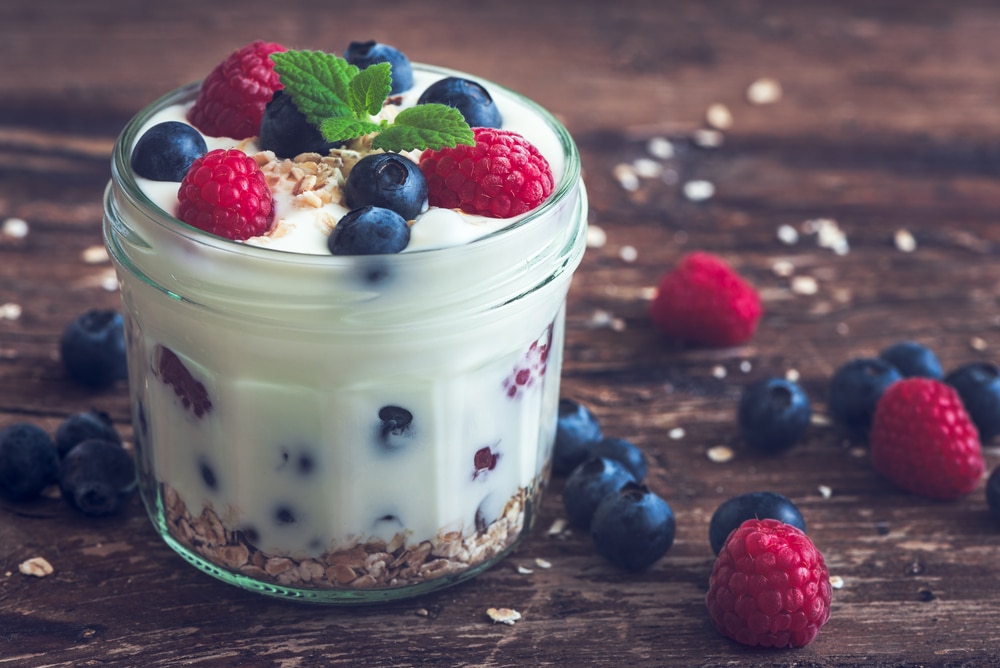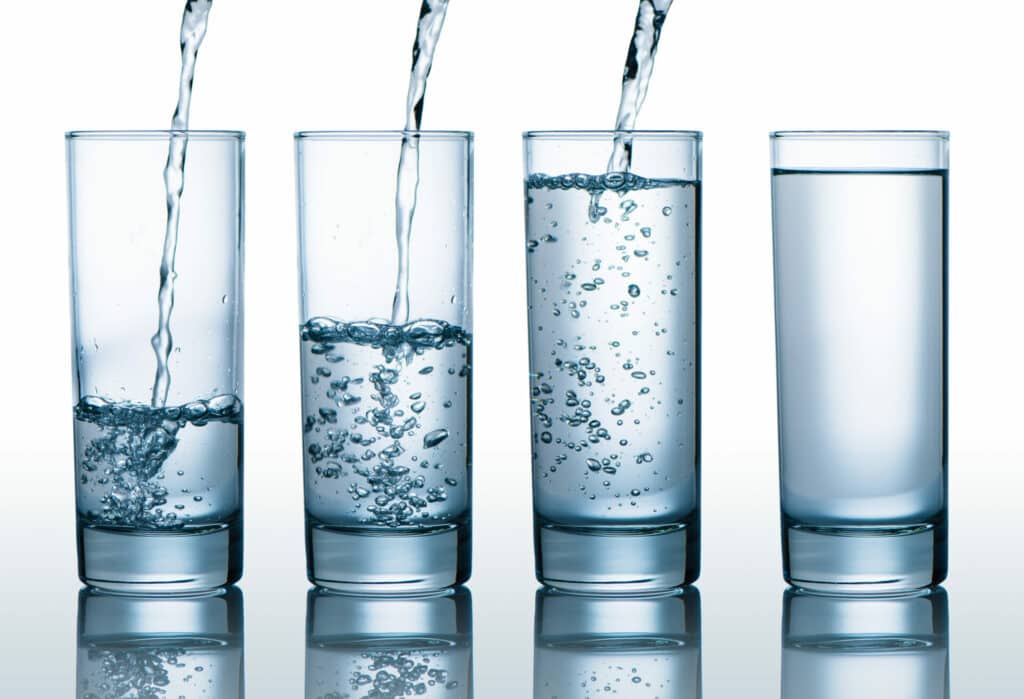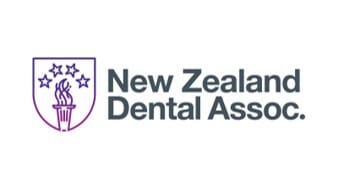After undergoing wisdom teeth removal, dietary advice is part of proper post-operative care and is crucial for a smooth recovery. Here at Hamilton Dental Emergency Centre, we know that one key aspect to consider during the healing process is your diet. Because what you eat in the first few days following the procedure can significantly impact your comfort level and promote optimal healing. In this article, we will provide you with essential dietary guidelines that you can follow after wisdom teeth extraction, helping you make informed choices for a speedy recovery.
Soft Foods are Key to Recovery:
During the immediate aftermath of wisdom teeth removal, it is crucial to prioritise soft foods in your diet. These foods require minimal chewing and provide the necessary nourishment your body needs to support the healing process. Here’s why soft foods play a vital role in your recovery:
- Gentle on the Extraction Site: Soft foods are gentle on the sensitive extraction site, minimising the risk of irritation or injury. Chewing harder foods can strain the area and potentially dislodge the blood clot that forms to promote healing.
- Easy to Consume: After the procedure, you may experience discomfort or limited jaw mobility. Soft foods are easier to eat and require less effort to chew, making them more comfortable to consume during the initial stages of recovery.
- Provides Adequate Nutrition: While you may have dietary restrictions temporarily, soft foods can still offer a wide range of nutrients necessary for healing. Despite being easy to eat, they can provide a balanced blend of carbohydrates, proteins, vitamins, and minerals.
Examples of Soft Foods for Post-Extraction Recovery: Dietary Advice:
To ensure a smooth recovery, consider incorporating the following soft foods into your diet after your wisdom teeth removal at our Hamilton practice:
- Mashed Potatoes: Creamy and smooth, mashed potatoes are a comforting and easily digestible option.
- Cooked Vegetables: Steamed or boiled vegetables, such as carrots or green beans, can be cooked until tender and then mashed or pureed for easier consumption.
- Yogurt: Opt for smooth and non-chunky varieties of yogurt, which provide essential probiotics and protein.
- Smoothies: Blend fruits, yogurt, and milk or a dairy-free alternative to create nutritious and easily consumable smoothies. Be mindful of avoiding acidic fruits during the initial phase of recovery.
- Pureed Soups: Soups that have been pureed or strained can be a nourishing option. Choose varieties with softer ingredients and avoid chunky or fibrous elements.
- Applesauce: Unsweetened applesauce offers a soft and gentle option, providing fibre and natural sweetness.
- Scrambled Eggs: Soft scrambled eggs can be a good source of protein. Ensure they are well-cooked and easy to chew.
Remember to gradually reintroduce more solid foods after your wisdom teeth removal as you progress in your recovery, and follow the guidance provided by us at Hamilton Dental Emergency Centre, your dental professional.
By prioritising soft foods in your diet during the initial recovery phase, you can help promote healing, reduce discomfort, and ensure you receive the necessary nutrients for a smooth recuperation period.
Avoid Hot Foods and Beverages:
- Refrain from consuming hot foods and beverages as they can interfere with healing and increase discomfort.
- Stick to lukewarm or cool foods and drinks to minimise the risk of complications such as bleeding or inflammation.
Cold Foods and Ice Packs for Swelling:
- Cold foods like ice cream or iceblocks can help soothe swelling and provide relief.
- Also, applying ice packs to the outside of the face in the first 24 hours following the extraction can help reduce any swelling.
Steer Clear of Crunchy and Hard Foods:
- Avoid crunchy foods like breakfast cereals, raw veggies or nuts, or anything that requires significant chewing, as they can disrupt blood clots and harm the healing sockets.
- Other examples include chips, snack bars, hard candies, popcorn and fruits like apples or pears.
Say No to Spicy and Acidic Foods:
- Spicy and acidic foods can irritate the extraction site and potentially cause discomfort or sensitivity.
- Also, temporarily avoid foods like citrus fruits, tomato-based sauces, vinegar, and any spicy condiments.
Hydration is Essential:
- Drink plenty of fluids to stay hydrated, especially since chewing may be challenging initially.
- Opt for water, fruit juices (non-acidic), herbal teas, and lukewarm broths or soups.
Be Mindful of Alcohol and Caffeine:
- Avoid consuming alcoholic beverages and caffeinated drinks during the initial recovery phase, as these, too, can interfere with healing and hydration.
Gradually Introduce Solid Foods:
- Slowly introduce soft solid foods that require minimal chewing as you progress in your recovery.
- Examples include well-cooked pasta, tender meats, soft bread, and steamed vegetables.
Proper Oral Hygiene:
- After consuming any food or drink, gently rinse your mouth with warm saltwater to keep the extraction site clean and promote healing.
- Avoid using mouthwash containing alcohol, as it can delay healing.
Follow the Dentist’s Instructions:
- Your dentist will provide specific post-operative instructions tailored to your situation. It is crucial to follow these guidelines for a successful recovery. Having your wisdom teeth extracted is a fairly common procedure, but there are some risks associated with it. You can read more on the risk factors here.
- Attend all scheduled follow-up appointments to monitor your healing progress and address any concerns.
In Summary
Following appropriate dietary guidelines after wisdom teeth removal promotes healing and minimises discomfort.
Focus on soft, nourishing foods and avoid hot, crunchy, spicy, and acidic options during the initial recovery phase. Stay hydrated and maintain proper oral hygiene to ensure optimal healing. Remember to consult with your dentist for personalised instructions and guidance.
You can support your recovery and return to your regular eating habits with the right dietary choices.
If you have any concerns, don’t hesitate to talk to us at Hamilton Dental Emergency Centre, we are here to help.
Hamilton Dental Emergency Centre is the longest-established after-hours dentist. The practice is well-equipped to handle majority of the dental emergencies 24/7, taking full advantage of the newest advances in technology within the field. Our patients benefit from the clinical expertise of Dr David Smith and Dr Rahul Gautam having a collective experience of more than 60 years.
You can fill out a contact form here: book an appointment, or phone us at 07 834 9293




 Simple Extraction vs. Surgical Extraction: Comparing the Difference
Simple Extraction vs. Surgical Extraction: Comparing the Difference

